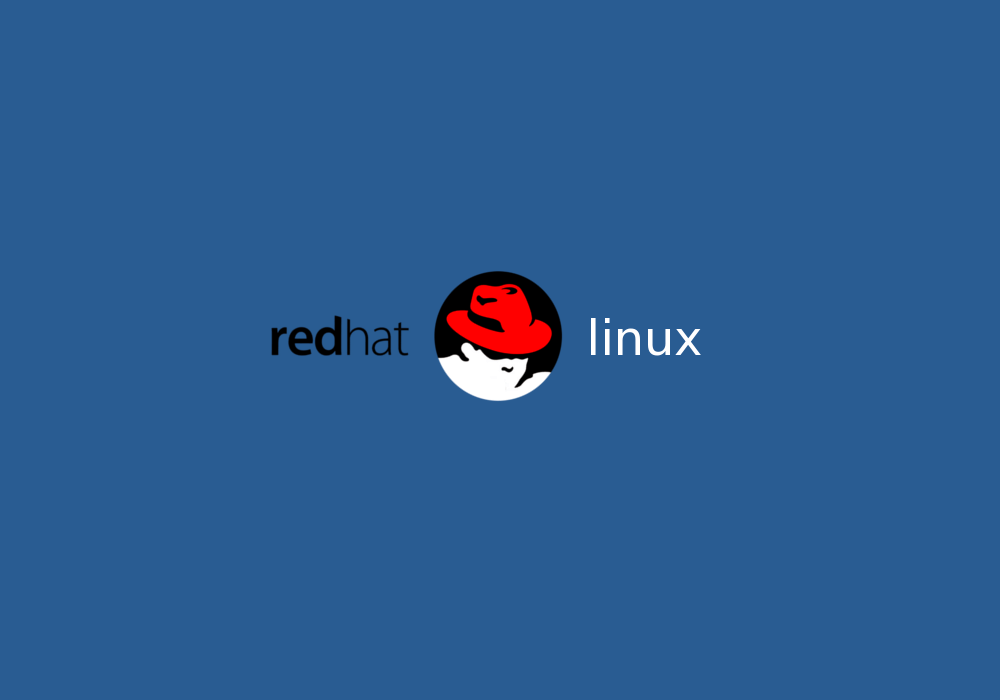What just happened? IBM has announced it is buying open-source software developer Red Hat for $34 billion. The deal, which is the tech world's third-largest acquisition ever, has been approved by both firms' board of directors. Assuming it passes shareholder and regulatory approvals, the buyout is expected to close in the second half of next year.
IBM and Red Hat have partnered on enterprise-grade Linux for over 20 years. The deal is described in the companies' press release as an evolution of the long-standing partnership. IBM says it now expects to become the world's leading hybrid cloud provider---a combination of local and external cloud services.
Ginni Rometty, IBM Chairman, President and Chief Executive Officer, said the tech giant would offer "companies the only open cloud solution that will unlock the full value of the cloud for their businesses."
"Most companies today are only 20 percent along their cloud journey, renting compute power to cut costs," she said. "The next 80 percent is about unlocking real business value and driving growth. This is the next chapter of the cloud. It requires shifting business applications to hybrid cloud, extracting more data and optimizing every part of the business, from supply chains to sales."
In its second-quarter results, Red Hat missed revenue estimates and issued guidance below analysts' predictions, but its subscription revenue was still up 20 percent YoY to $722 million. The company will become a distinct unit within IBM's Hybrid Cloud team, maintaining the independence of its open source development.
In 2016, Only Intel was ahead of Red Hat on the list of companies that contribute most to the Linux Kernel.

IBM said that both companies will continue to build partnerships with multiple cloud providers, including AWS, Microsoft's Azure, Google Cloud, Alibaba, and others, in addition to IBM Cloud.
"IBM is committed to being an authentic multi-cloud provider, and we will prioritize the use of Red Hat technology across multiple clouds" said Arvind Krishna, Senior Vice President, IBM Hybrid Cloud. "In doing so, IBM will support open source technology wherever it runs, allowing it to scale significantly within commercial settings around the world."
